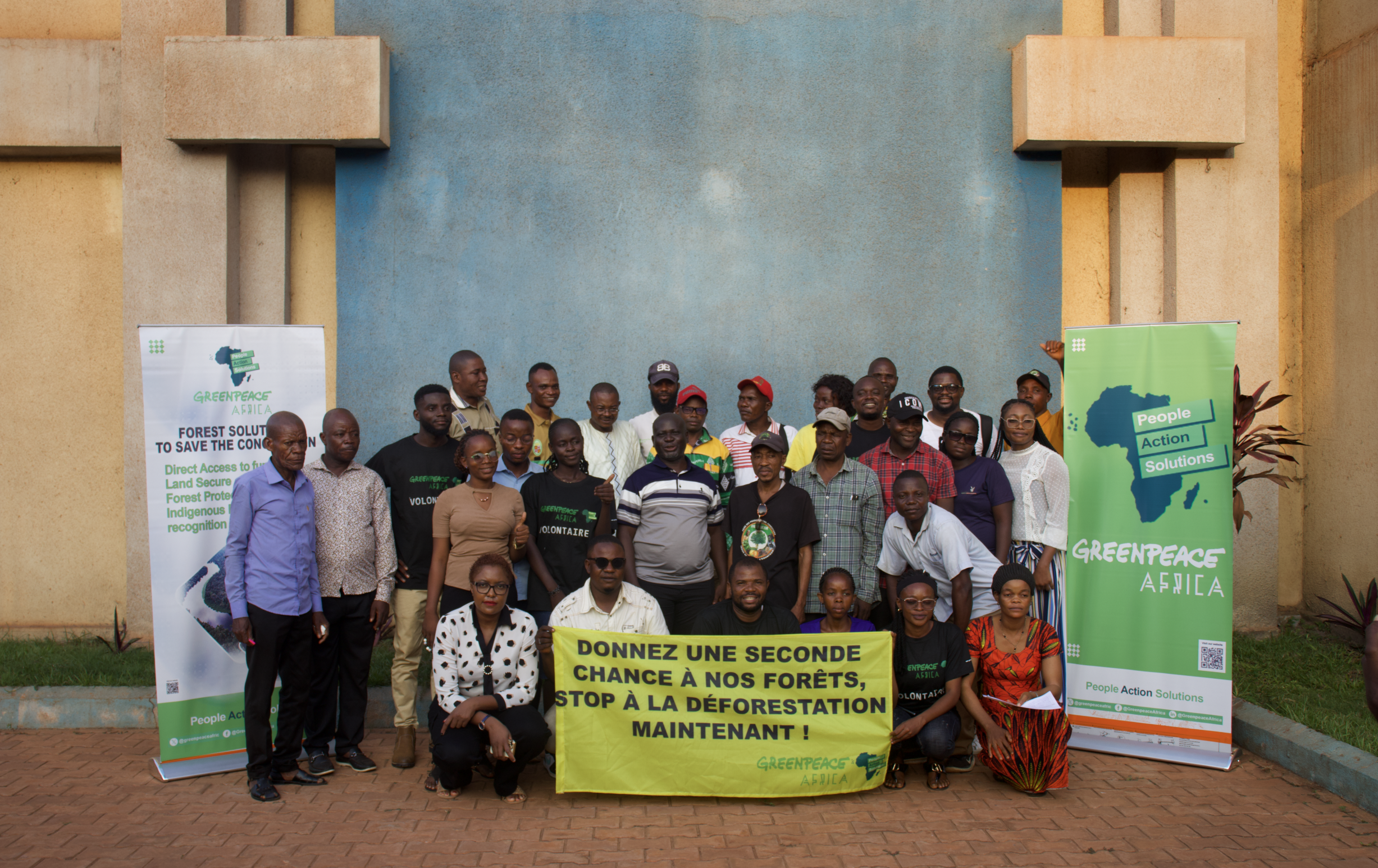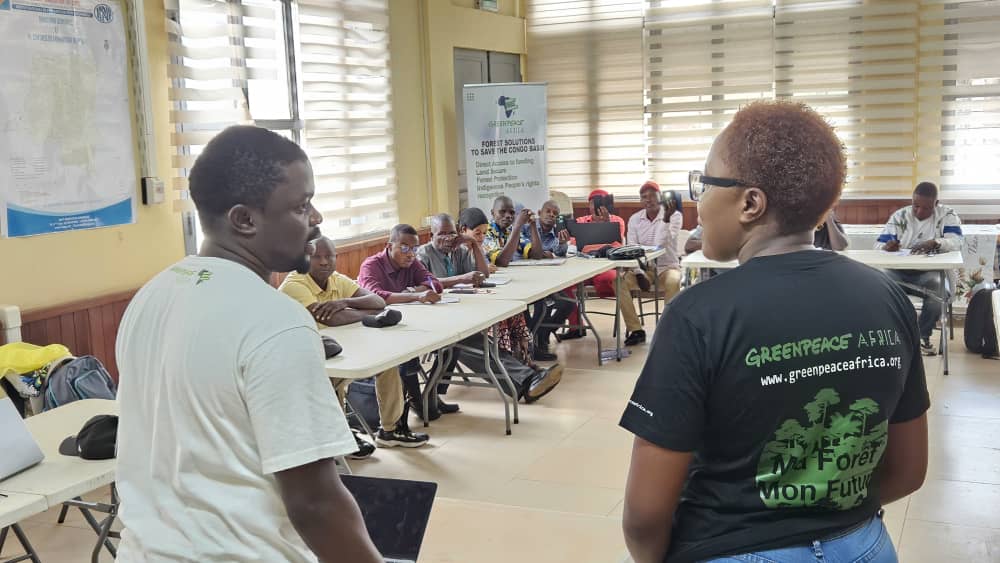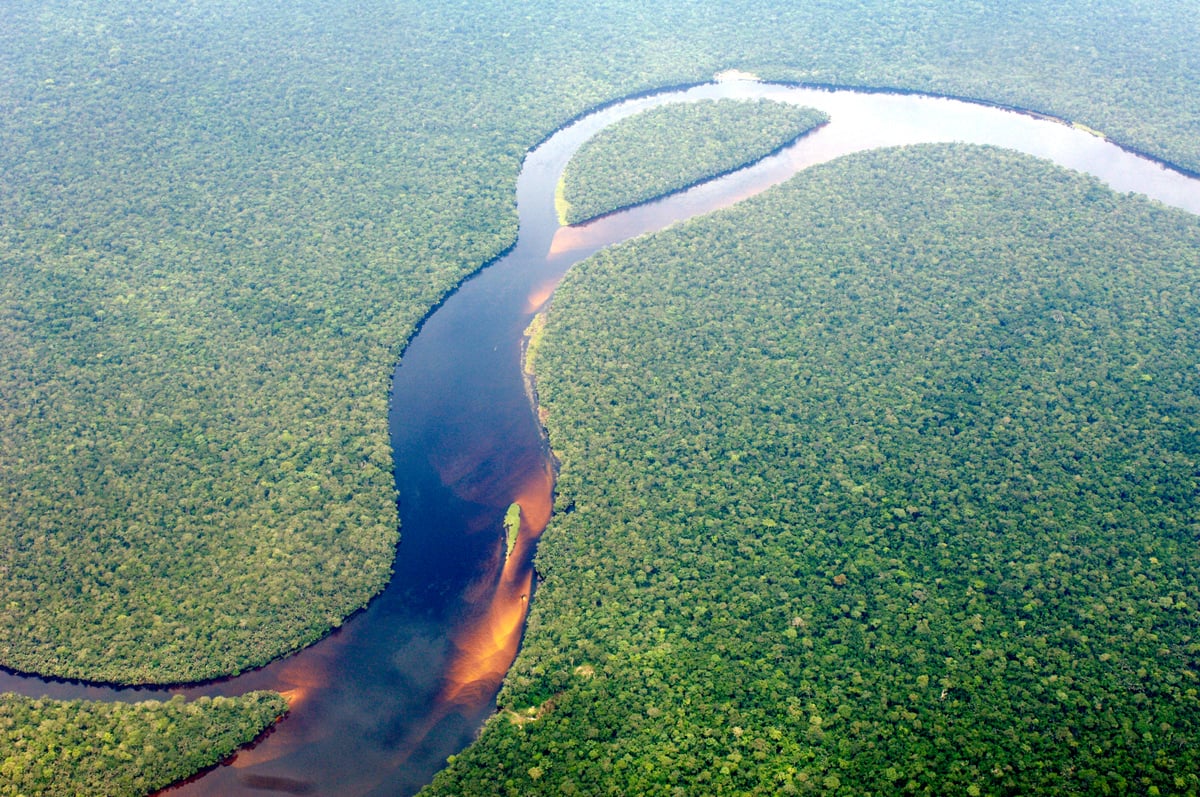Kinshasa, 13 October 2022 – Nine companies are bidding for exploration rights to fossil gas in Lake Kivu in the Democratic Republic of Congo (DRC) including US-based Symbion Power, a firm which appears to have no experience in gas exploration. DRC’s Hydrocarbons Minister has said he seeks to sign production sharing agreements with successful bidders by 30 October, a timeline which flies in the face of the vetting procedure required by Congolese law. Firms are expected to pay hefty “bonuses” upon contract signature.
“The law stipulates a lengthy evaluation and verification process following the receipt of initial expressions of interest and the filing of bids. To properly execute these requirements in just two week is a mission impossible,” says Irene Wabiwa, International Lead for the Congo Basin forest campaign. “A hasty process is an open invitation to plunder the Congolese people and the ecosystems they depend on, while rapidly enriching an ecocidal elite.”
After a public opening of “expressions of interest,” Congolese law allows firms whose documents failed to meet initial criteria five days to contest their disqualification from bidding. Following the publication of a final list of qualified bidders, the law demands the Ministry to invite bids comprising financial and technical offers. The law requires that verification of these offers include visits to companies’ headquarters and operating sites. Upon the approval of selected bidders by the Council of Ministers, and publication of winners, rejected bidders have five days to contest the results. Only then can contract negotiations begin.
No strategic environmental evaluation of the decision to auction oil and gas rights was conducted to date, as required by Congolese law. Three of the Ministry’s calls for tenders, including the one for the Kivu blocks, contain flagrant procedural anomalies. Oil blocks were designated without the free, prior and informed consent (FPIC) of local communities, as reported recently by seven Congolese and international NGOs. The gas blocks overlap with most of Idjwi Island and will inevitably impact the lives of its 300,000 residents, including Bambuti Indigenous People.
Last July the DRC auctioned 27 oil blocks, including rainforest and peatland areas, and three gas blocks. The auction followed the signature of a $500 million forest deal with the Central African Forest Initiative (CAFI) donor group at COP26 last year, which greenlighted new oil and gas activity in the rainforest.
Despite greenwashing efforts by DRC’s Environment Minister at a recent pre-COP27 “scientific” conference, the tender is facing opposition from local communities, scientists, climate activists, and Congolese and international NGOs.
ENDS
Contacts:
Greenpeace Africa Press Desk: [email protected]
Tal Harris,
International Communications Coordinator,
Greenpeace Africa: [email protected]
Raphaël Mavambu,
Communications and Media Consultant,
Greenpeace Africa: [email protected]



